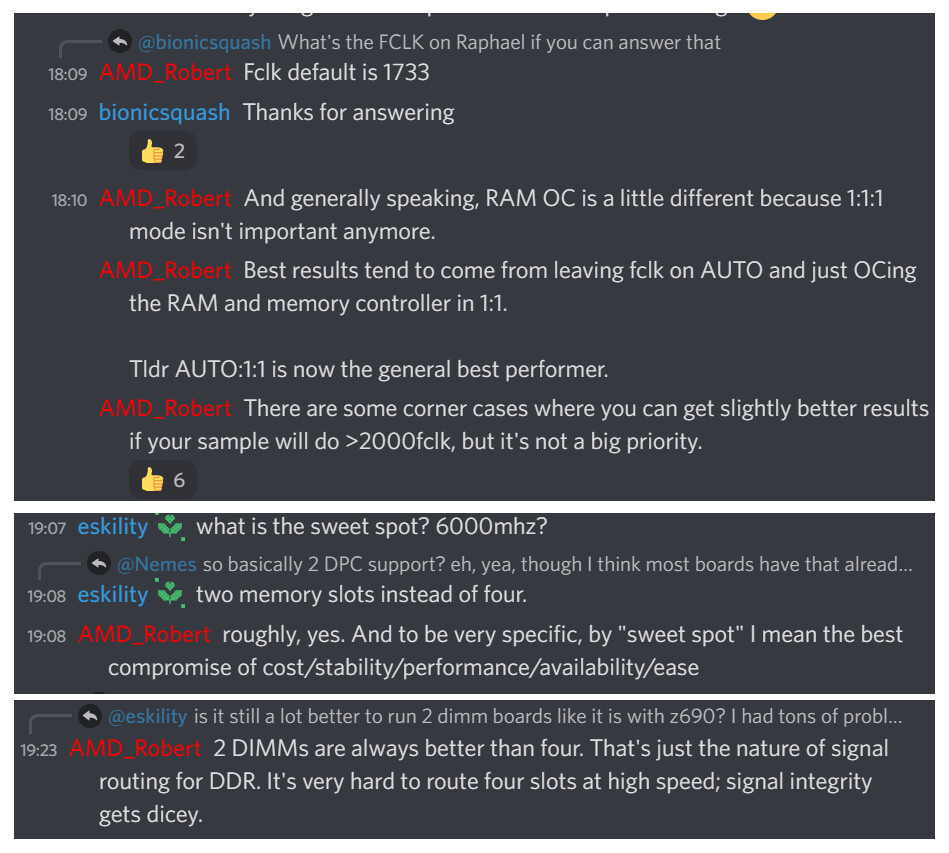- Joined
- Aug 18, 2022
- Messages
- 202 (0.19/day)
What about "Intel platform cost" requiring a new socket every two generations? Im sure consumers LOVE that.
Same old AMD users statement, repeated since Ryzen first came out, how long ago?
If you buy a new generation CPU, it should have a new board, instead of AMD with their new CPU in a 5yr old board. New generation usually comes with updated hardware like USB etc etc, which you miss out on by sticking a new gen CPU in a old board. Imo it's a skinflint argument. If you have the cash to buy a high end CPU like 5950x/13900k why scrimp on the board.







